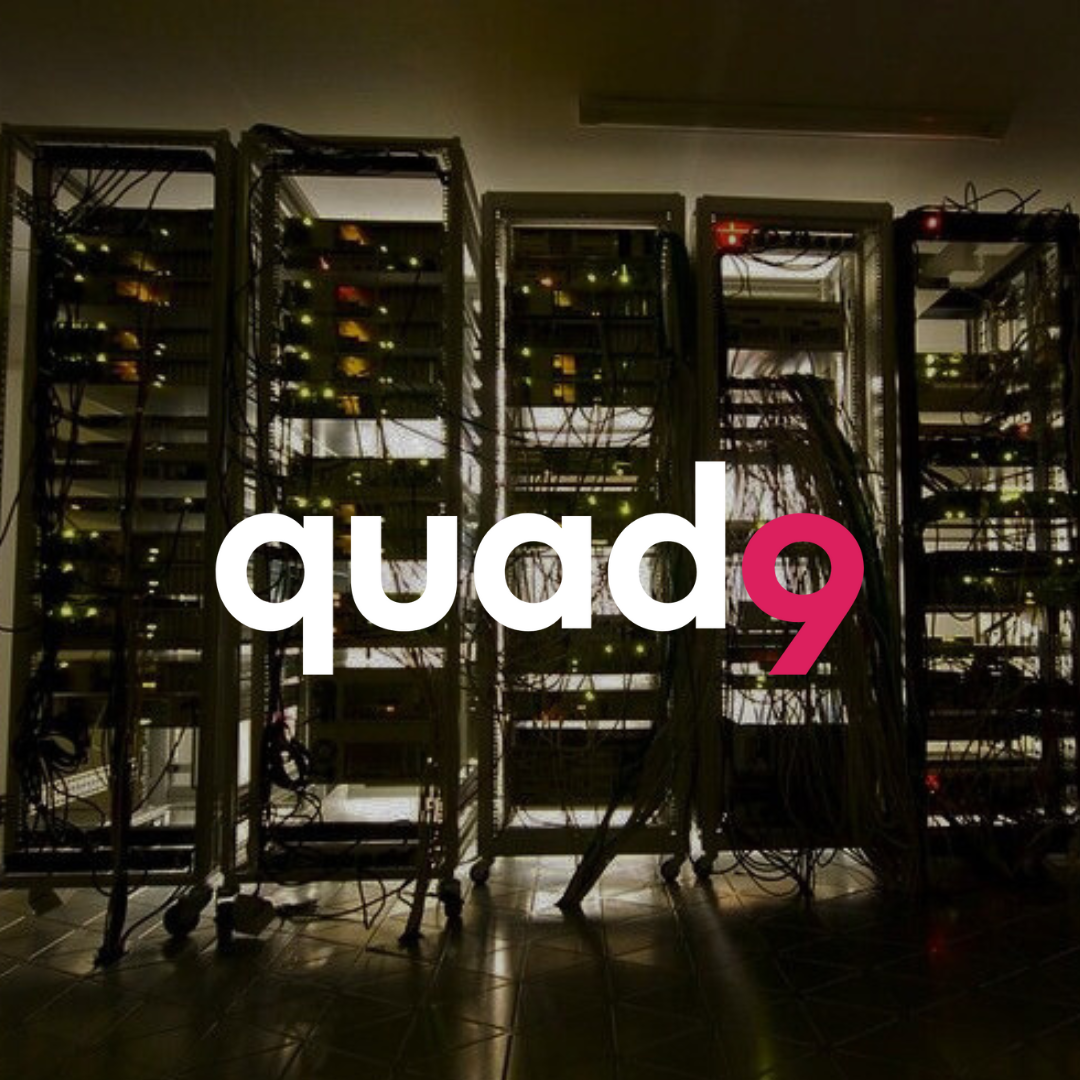Food for Thought: What Happens When You Interfere with the Infrastructure of the Internet

As policymakers increasingly look to legislate and control the Internet, we’ve noted (and support) recent publications and efforts from our friends and partners urging policymakers to think twice before looking to disrupt the basic infrastructure which underpins the Internet. For example:
- “The economic cost of network blocking” from Analysys Mason Limited (July 2025)
- “DNS at Risk: How Network Blocking and Fragmentation Undermine the Global Internet” from the Internet Infrastructure Coalition (May 2025)
To show that little is new, we also refer to the Internet Society’s report from March, 2017: “Internet Society Perspectives on Internet Content Blocking: An Overview.”
All somewhat biased in their own ways, but if you generally approve of the Internet and the benefits it’s brought to society, then you’re likely to be aligned with the conclusions of these papers: court mandated blocking at the DNS and IP level, affecting the core infrastructure of the Internet, causes more harm than good.
From Quad9’s perspective, we’re happy to see that these papers point out that the monetary cost of implementing the blocking is borne by providers of Internet infrastructure, such as Quad9, with broader costs being shouldered by society as a whole. In contrast, the benefits accrue to a handful of organisations. An unhealthy asymmetry.
